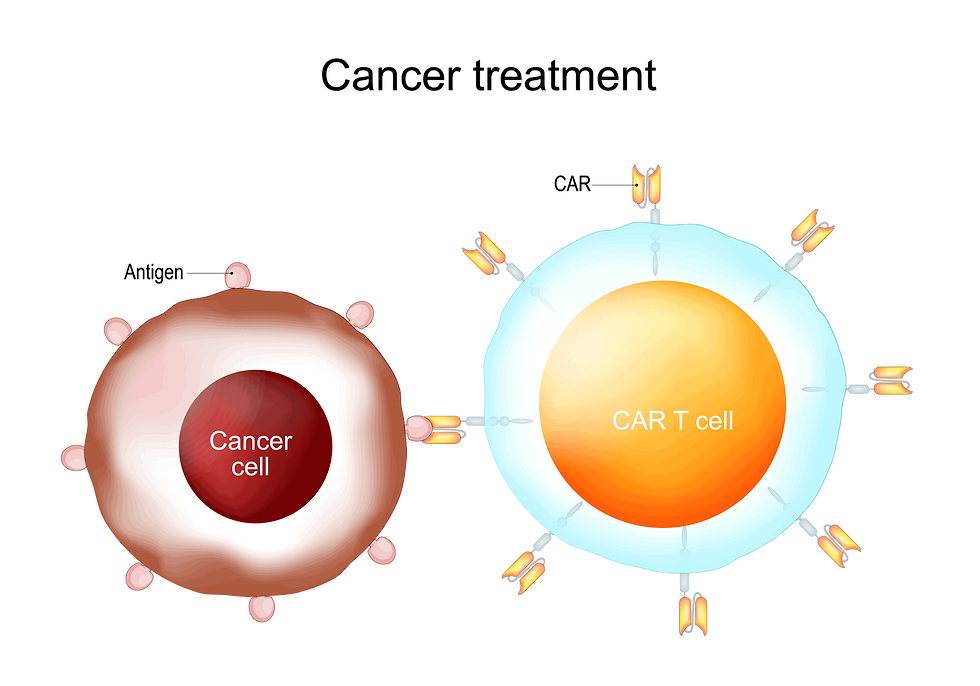In 2017, chimeric antigen receiver T cell (CAR-T cell) drug was FDA approved for its high effectiveness in treating blood cancer. Since then, the demand for CAR-T began to increase which led to significant development of related research.
What is immune cell therapy?
Cell therapy is a drug that induces regeneration for restoring damaged or diseased cells by using living cells for new drug development, toxicology testing, bio-marker and much more. Cell therapies are divided into three categories – tissue cell therapy, immune cell therapy and stem cell therapy. This post will specifically focus on immune cell therapy.

Definition of CAR-T cell and its applications
Chimeric antigen receptor T cells (also known as CAR-T cells) are T cells that have been genetically engineered to produce an artificial T cell receptor. The premise of CAR-T immunotherapy is to modify T cells to recognize cancer cells for more effective targeting and destruction. T cells are harvested from people and genetically altered to produce CAR-T cells. Then, the resulting CAR-T cells are infused into patient’s body to attack cancer cells. CAR-T cells can be either derived from T cells in a patient’s own blood (autologous) or derived from T cells of another healthy donor (allogenic). Considering safety issue, CAR-T cells are specifically engineered to an antigen only expressed on cancer cells.

Types of CD marker and their functions
Immunocytotherapy is a treatment that involves immune cells which are considered a key factor of cancer resistance. Once immune cells are cultivated and activated, they are then transplanted back to patient’s body to attack cancer cells. CAR-T is one of the immune cell treatments that is called a “living drug” because it has an ability to kill tumor cells using its own T cell that continues to grow and live after infusion. [1]
Groups of cell surface antigen or clusters of differentiation are typically abbreviated as ‘CD’ to identify and study cell surface molecules according to their immune expressions. [2]
For the success of immune cell therapy transplants, positive cells in major differentiation cluster (CD) such as mature T cells (CD3), helper T cells (CD4), killer T-cells or suppressor T cells (CD8) are crucial factors.
References:
[1] Viardot, Andreas, et al. "Chimeric antigen receptor(CAR) T-cell therapy as a treatment option for patients with B-cell lymphomas: perspectives on the therapeutic potential of Axicabtagene ciloleucel." Cancer management and research 11(2019): 2393
[2] CHAN, J. K. C., NG, C. S., HUI, P. K.(1988). “A simple guide to the terminology and application of leucocyte monoclonal antibodies”. 《Histopathology》 12(5): 461–480.

Comments